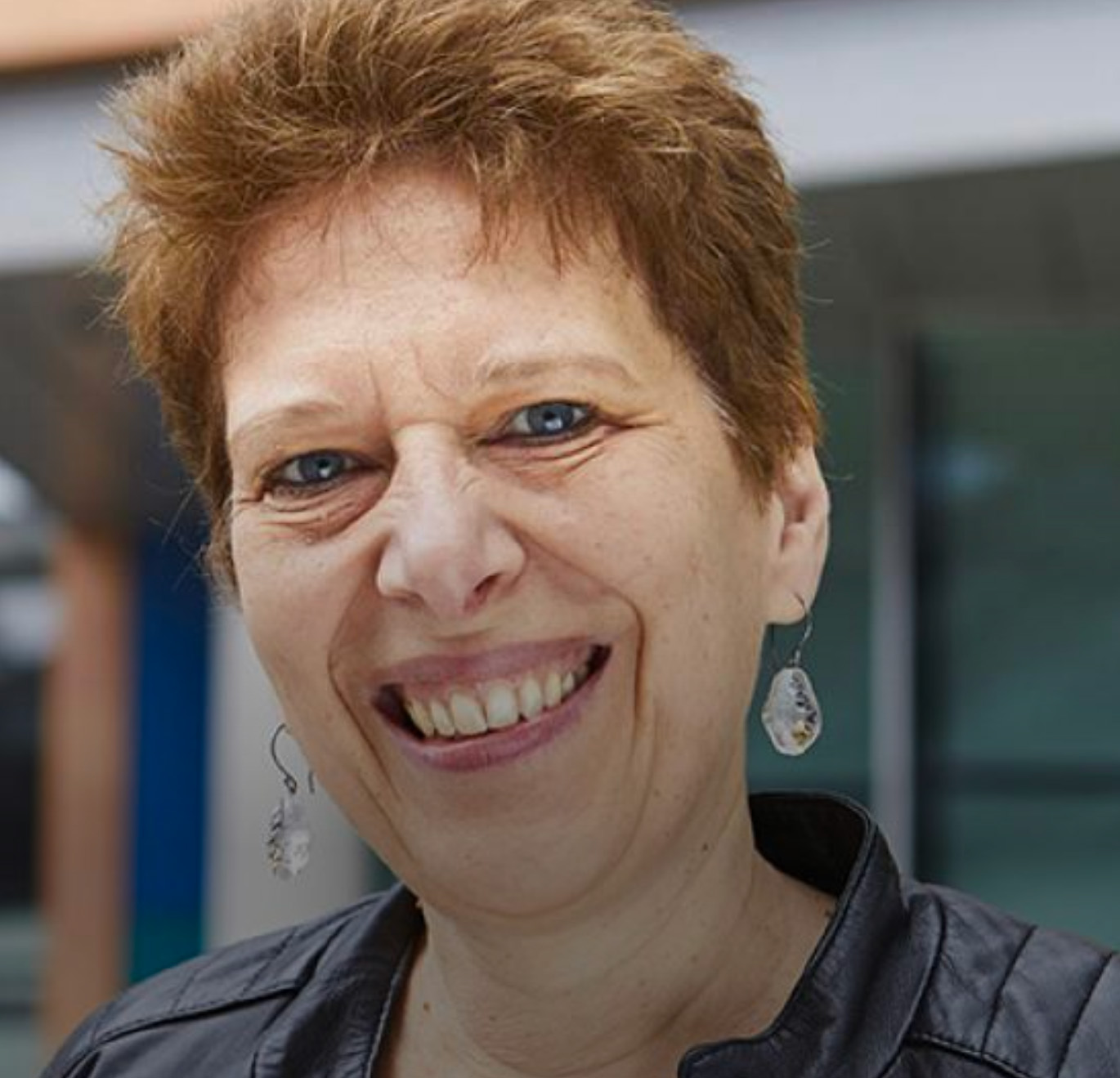Person
Hill, Caroline
|

|
Biography and Research Interest
Biography
Caroline Hill carried out her Ph.D studies in the laboratory of Jean Thomas at the University of Cambridge UK, working on chromatin structure. After receiving her Ph.D in 1989 she carried out postdoctoral studies in the same lab before moving in 1991 to Imperial Cancer Research Fund, London, UK to work on the regulation of c-fos gene expression by growth factors with Richard Treisman. In 1995 she set up her own lab at the Ludwig Institute for Cancer Research, London, UK working on signalling by TGF-beta superfamily members in early vertebrate development and cancer. She moved her laboratory to the Cancer Research UK London Research Institute in 1998, and got tenure in 2002. She moved to the newly established Francis Crick Institute in 2016 and is a Principal Research Scientist and Assistant Research Director.
Caroline Hill carried out her Ph.D studies in the laboratory of Jean Thomas at the University of Cambridge UK, working on chromatin structure. After receiving her Ph.D in 1989 she carried out postdoctoral studies in the same lab before moving in 1991 to Imperial Cancer Research Fund, London, UK to work on the regulation of c-fos gene expression by growth factors with Richard Treisman. In 1995 she set up her own lab at the Ludwig Institute for Cancer Research, London, UK working on signalling by TGF-beta superfamily members in early vertebrate development and cancer. She moved her laboratory to the Cancer Research UK London Research Institute in 1998, and got tenure in 2002. She moved to the newly established Francis Crick Institute in 2016 and is a Principal Research Scientist and Assistant Research Director.
Non-Zebrafish Publications
Examples of recent non-zebrafish publications
Miller, D. S. J., Bloxham, R. D., Jiang, M., Gori, I., Saunders, R. E., Das, D., Chakravarty, P., Howell, M., and Hill, C. S. (2018) The dynamics of TGF- signaling are dictated by receptor trafficking via the ESCRT machinery. Cell Rep 25, 1841-1855.e1845.
Coda, D. M., Gaarenstroom, T., East, P., Patel, H., Miller, D. S. J., Lobley, A., Matthews, N., Stewart, A., and Hill, C. S. (2017) Distinct modes of SMAD2 chromatin binding and remodeling shape the transcriptional response to NODAL/Activin signaling. Elife 6, e22474.
Ramachandran, A., Vizán, P., Das, D., Chakravarty, P., Vogt, J., Rogers, K. W., Müller, P., Hinck, A. P., Sapkota, G. P., and Hill, C. S. (2018) TGF- uses a novel mode of receptor activation to phosphorylate SMAD1/5 and induce epithelial-to-mesenchymal transition. Elife 7, e31756
Ramachandran, A., Mehić, M., Wasim, L., Malinova, D., Gori, I., Blaszczyk, B. K., Carvalho, D. M., Shore, E. M., Jones, C., Hyvönen, M., Tolar, P., and Hill, C. S. (2021) Pathogenic ACVR1R206H activation by Activin A-induced receptor clustering and autophosphorylation. EMBO J 40, e106317.
Gori, I., George, R., Purkiss, A. G., Strohbuecker, S., Randall, R. A., Ogrodowicz, R., Carmignac, V., Faivre, L., Joshi, D., Kjær, S., and Hill, C. S. (2021) Mutations in SKI in Shprintzen-Goldberg syndrome lead to attenuated TGF-β responses through SKI stabilization. Elife 10, e63545.
